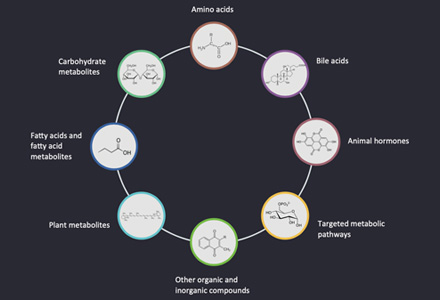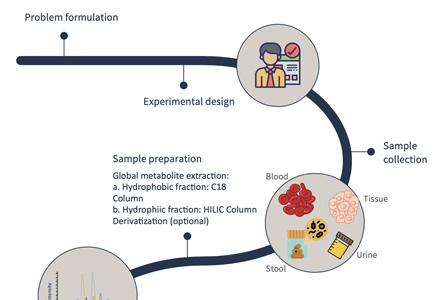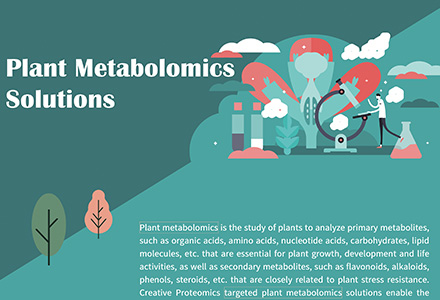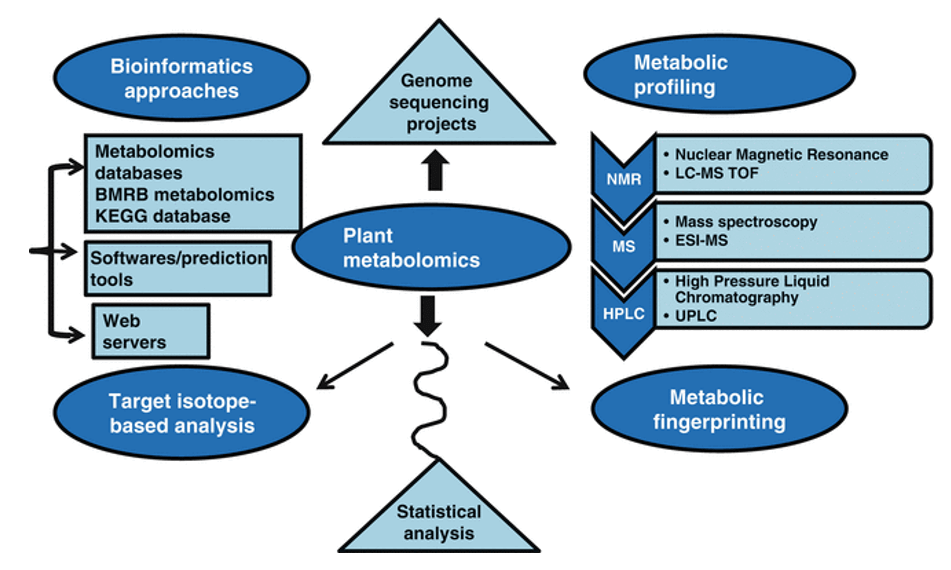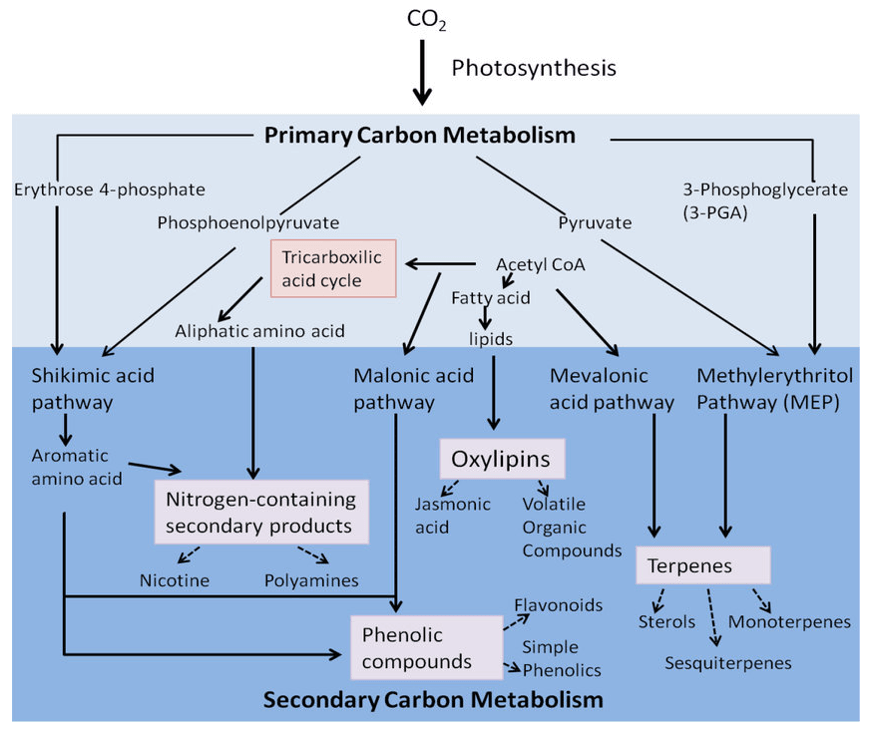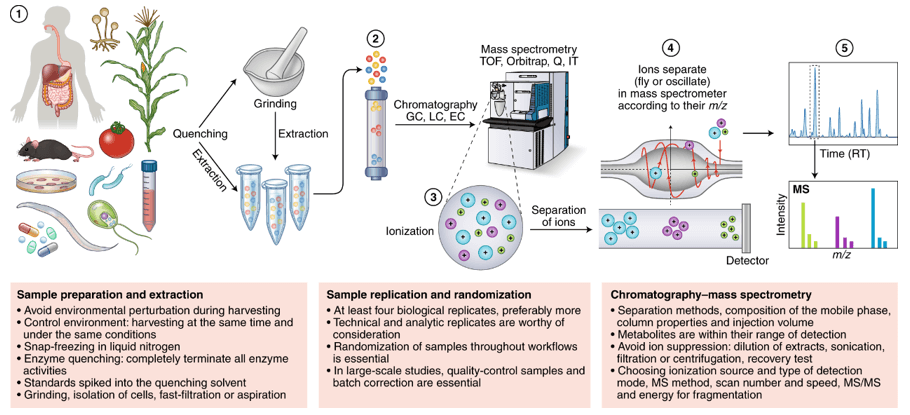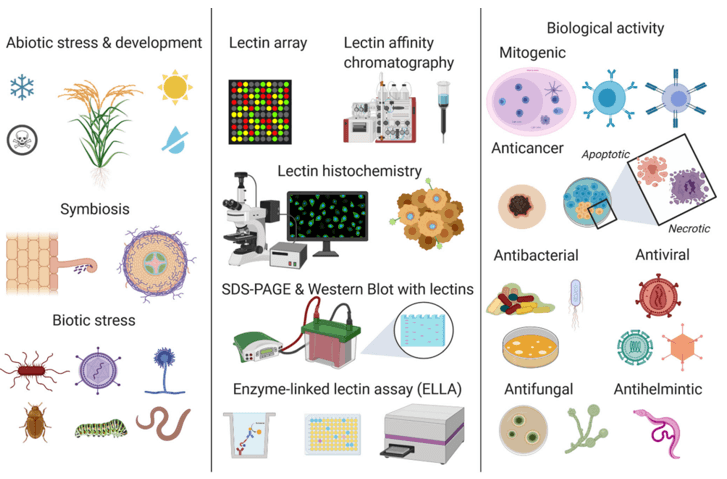Peanut Agglutinin (PNA) Analysis Service
Submit Your InquiryWhat is Peanut Agglutinin (PNA)?
Peanut agglutinin (PNA) is a lectin protein derived from peanut seeds (Arachis hypogaea). Lectins like PNA can selectively bind to specific carbohydrate structures. PNA specifically recognizes carbohydrates containing galactose-beta-1,3-N-acetylgalactosamine (Gal-beta-1,3-GalNAc) residues, also known as the Thomsen-Friedenreich antigen (TF antigen).
Lectins such as PNA have been extensively studied and used in various biological applications due to their ability to selectively bind to specific carbohydrate structures. PNA is particularly known for its affinity to the TF antigen, which is present on cell surfaces and glycoproteins.
The binding of PNA to the TF antigen can be utilized to detect and analyze glycoproteins in biological samples. Glycoproteins are proteins with attached carbohydrate chains, and their glycosylation patterns can have significant functional implications. By targeting the TF antigen, PNA enables the identification and analysis of specific glycoproteins within complex mixtures.
Apart from its applications in glycoprotein analysis, PNA has been employed in cell surface analysis to identify and distinguish specific cell types based on their surface glycosylation patterns. It has also been extensively researched in cancer studies, where abnormal glycosylation is a common characteristic. PNA can aid in the identification and classification of different types of cancer based on their glycosylation patterns, offering insights into disease progression and potential therapeutic targets.
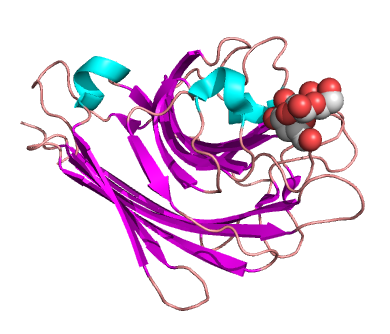 Peanut agglutinin complexed with a di-galactose
Peanut agglutinin complexed with a di-galactose
LC-MS Assay Service for Peanut Agglutinin at Creative Proteomics
Creative Proteomics offers comprehensive peanut lectin detection services based on an advanced liquid chromatography-mass spectrometry (LC-MS) platform, a powerful analytical technique that combines the separation power of liquid chromatography with the high sensitivity and specificity of mass spectrometry.
Creative Proteomics' assay process consists of several key steps:
- Sample Preparation: Biological samples, such as tissues, cells, or biofluids, are collected and processed to extract the metabolites of interest. Various extraction methods can be used depending on the nature of the samples and the specific metabolites being targeted.
- PNA Binding and Enrichment: PNA is added to the extracted sample, and the mixture is incubated under conditions that allow PNA to bind to the targeted metabolites. This binding is mediated by the specific interaction between PNA and the carbohydrate structures present on the metabolites.
- Separation and Analysis: After the PNA binding step, the sample is subjected to separation techniques, such as liquid chromatography (LC) or gas chromatography (GC), to separate the PNA-bound metabolites from other components of the sample. The separated metabolites are then analyzed using various detection methods, including mass spectrometry (MS), to identify and quantify the metabolites of interest.
- Data Analysis: The obtained metabolomics data is processed and analyzed using bioinformatics tools and databases. This analysis involves metabolite identification, quantification, and comparison between different samples or conditions. Statistical methods and multivariate analysis techniques are commonly used to extract meaningful insights from metabolomics data.
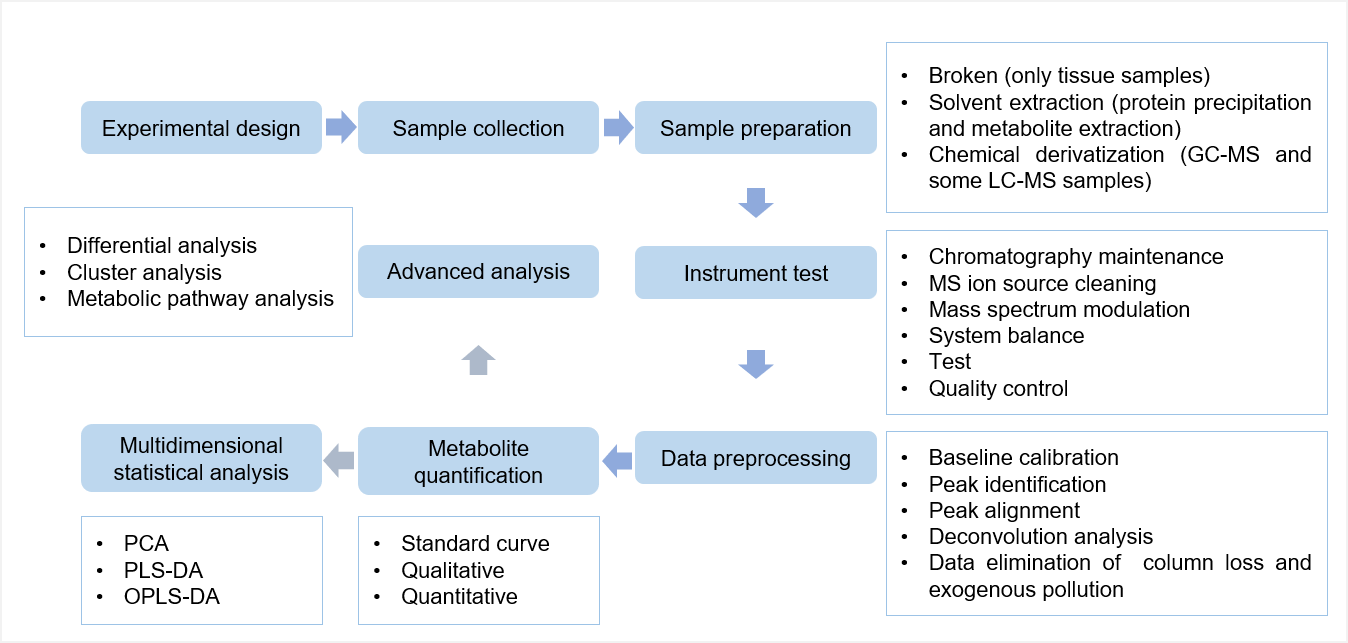
Sample Requirements of Peanut Agglutinin (PNA) Analysis
| Sample Type | Sample Quantity |
|---|---|
| Serum | 50-100 µL |
| Plasma | 50-100 µL |
| Whole Blood | 50-100 µL |
| Tissue (Homogenized) | 10-50 mg |
| Cell Culture Supernatant | 0.5-1 mL |
| Urine | 1-5 mL |
| Saliva | 100-500 µL |
| Cerebrospinal Fluid (CSF) | 50-200 µL |
| Synovial Fluid | 100-500 µL |
| Bronchoalveolar Lavage (BAL) Fluid | 1-5 mL |
Creative Proteomics offers several approaches to plant metabolomics studies, delivers precise and detailed data and analysis report. We can also customize the methods or establish new methods together with our collaborators, so they are fit-for-purpose and meet your specific needs. If you have any questions or specific requirements, please feel free to contact us.


